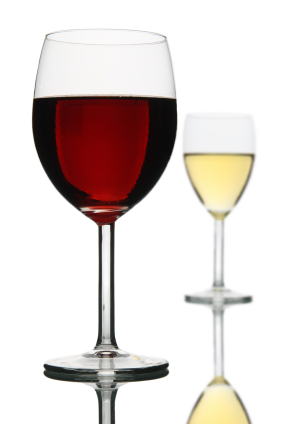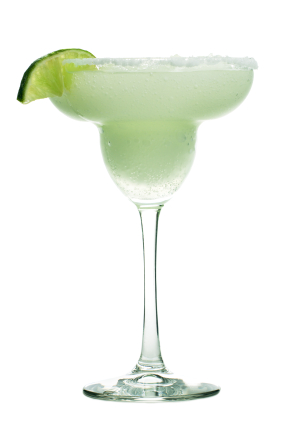
Throughout this website you’ll find links to our Wine Selection, Special Sales, Events, Featured Wines, and MORE. Don’t forget to take a look at our Coupon Clipper for SPECIAL Values on State Line Liquors Fine Wines.

Here you’ll find links to our Beer Selection, Special Sales, Events, Featured Beers, and MORE. Don’t forget to take a look at our Coupon Clipper for SPECIAL Values on State Line Liquors Beers.

We’re happy to provide information about our Fine Spirits & Liqueurs, Special Sales, Events, Featured Spirits & Liqueurs, Store Barrel Picks, and MORE. Don’t forget Coupon Clipper!
